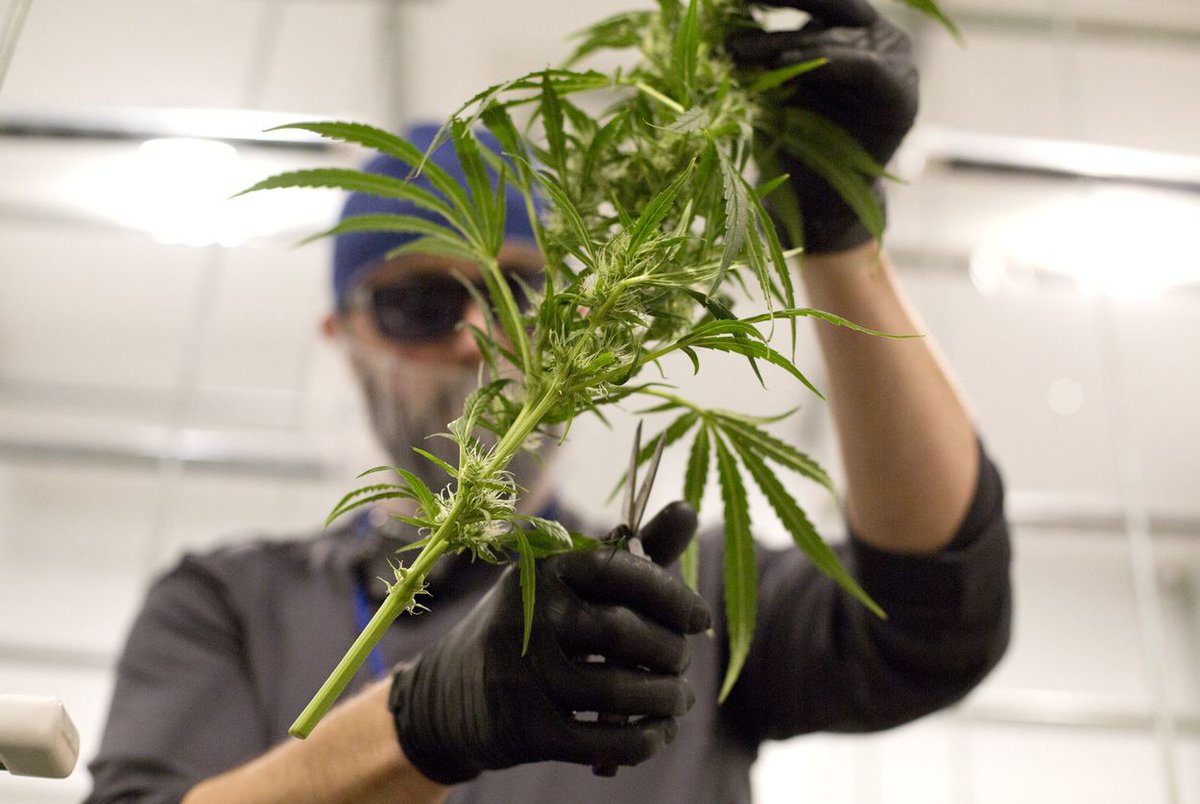The Medical Cannabis Association of Texas aims to educate legislators about the medical benefits of cannabis and its use for therapeutic purposes. It separates itself from other groups that advocate for broader legalization of the drug. The association also expresses thanks to Governor Abbott for signing S.B. 339 in 2015. This law has made it possible for Texans with intractable conditions to obtain their medication. However, it is not yet widespread enough to be considered a viable industry.
The TCUP was passed by Texas lawmakers in 2015 with the goal of providing access to medical marijuana to epilepsy patients. The law initially set a THC cap of 0.5% and required two physician recommendations. However, the law has since been expanded twice. Now there are nine qualifying conditions and the THC cap has been raised to 1%. The state has two licensed dispensing organizations. Membership in these organizations is free and includes access to educational materials, webinars with subject matter experts, and a monthly newsletter.
Two of these companies are members of the Medical Cannabis Association of Texas. They are working together to apply for a medical marijuana license. The company plans to expand their program and obtain more permits as the process advances. Meanwhile, they hope to pass new legislation in 2019, which would create a separate permitting process for cannabis research and align with the Controlled Substance Act. However, the Texas government has yet to issue a final decision on the application.
In spite of this success, the Texas medical marijuana card program pales in overall participation compared to other states. It has fewer enrolled patients and fewer licensed businesses. Texas also ranks eleventh in the number of patients enrolled in the program. Public pressure and more research could lead to the legalization of THC cannabis for conditions other than epilepsy. Regardless, these positive developments are encouraging for the future of medical marijuana in Texas. Get in touch with THCMDTELEMED to learn about the Texas medical cannabis laws.
Alamo Therapeutics has joined the Medical Cannabis Association of Texas. The company plans to apply for a license under the Texas Compassionate Use Program. Alamo produces low-THC cannabis oils for patients with intractable epilepsy. Texas’ Compassionate Use Act took effect June 1, 2015, and it requires the licensing of three dispensing organizations by Sept. 1, 2017. In the meantime, it is important to note that there are still a number of hurdles to the legalization process in Texas.
Members of the Medical Cannabis Association of Texas can attend webinars presented by subject matter experts and access educational resources and peer development events. Members also receive association alerts and newsletters. Membership in the association helps members stay abreast of important issues and avoid costly mistakes. It is well worth a few dollars to join the association today. You won’t regret it! The benefits of membership are too numerous to list. However, membership is a worthwhile investment for any industry professional.
The Texas Department of State Health Services is proposing a new inspection protocol that could result in the banning of hemp derived CBD products. According to the letter, this would mean that many CBD products in the state would no longer be sold in Texas. Get medical marijuana telehealth now. The current law does not allow for hemp-derived CBD products to contain psychoactive components, so the state will have to regulate them to keep them legal. DSHS is also accepting public comments on the CBD oil issue through April 16, 2018.
The Medical Cannabis Association of Texas is committed to helping patients get access to cannabis oil without adverse side effects. Licensed doctors can use cannabis oil that contains less than one percent THC to treat certain symptoms of disease and reduce side effects. Patients should be able to find a licensed provider in their state so that they can receive the best treatment. If this is not possible, the association works with the state to support this legislation. In the meantime, medical marijuana advocates should continue to work on making Texas a safe and legal state for marijuana.
There are many ways to get access to medical marijuana in Texas. Patients with qualifying medical conditions must find a licensed physician, complete a Texas medical marijuana registry form, and then visit a licensed dispensary to get their medical marijuana prescription. However, doctors can be hard to find, so patients can turn to telemedicine services to get their medical marijuana prescriptions. They can also get it delivered to their door via convenient home delivery.

